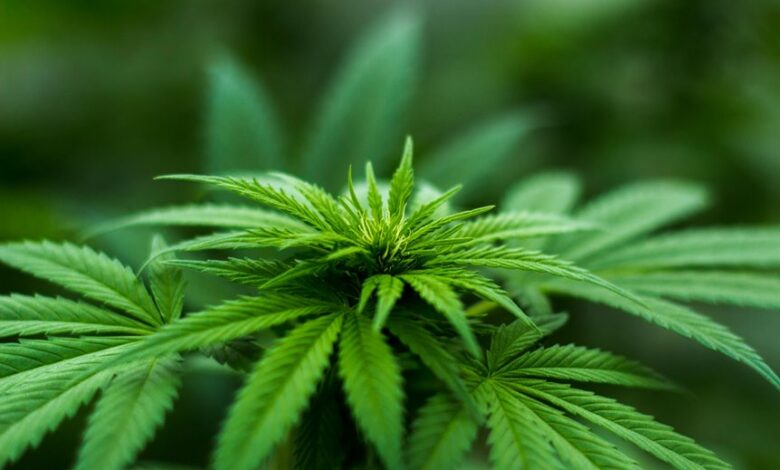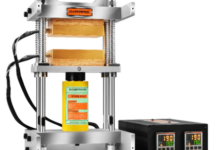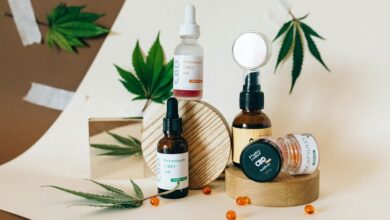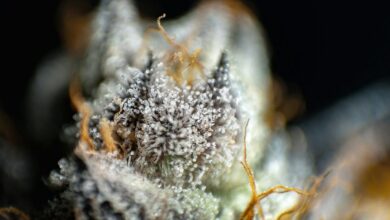Can Babies Have Cbd

The question of whether babies can safely use CBD is complex and fraught with uncertainty. Current research offers limited insights into its effects on infants, leading to concerns about safety and proper dosage. Experts generally recommend against administering CBD to young children. Parents are urged to seek professional advice and consider legal implications before making decisions. What are the potential risks and benefits that remain unexplored in this ongoing debate?
Understanding CBD and Its Benefits
Cannabidiol, commonly known as CBD, is a compound derived from the cannabis plant that has gained attention for its potential therapeutic effects.
While many adults explore CBD benefits for various health issues, its implications for infant health remain largely uncharted.
Caution is advised, as research on the safety and efficacy of CBD in infants is limited, necessitating careful consideration before any use.
Current Research on CBD Use in Infants
As research into the therapeutic uses of CBD expands, studies specifically focusing on its effects in infants remain sparse and inconclusive.
Current investigations suggest potential benefits; however, appropriate CBD dosage for infant health is not well established.
Caution is warranted, as existing data primarily derives from adult studies, leaving significant gaps in understanding the safety and efficacy of CBD in young children.
Expert Opinions on CBD Safety for Babies
Expert opinions on the safety of CBD for babies reflect a cautious stance due to the limited research available on its effects in this age group.
Expert insights emphasize significant safety concerns, noting that dosage, purity, and potential interactions with other medications remain unclear.
Without robust evidence, many health professionals advise against CBD use in infants, prioritizing their health and well-being.
Considerations for Parents Regarding CBD and Their Children
What should parents consider when contemplating the use of CBD for their children?
They must evaluate dosage guidelines, as appropriate amounts vary significantly.
Additionally, understanding the legal status of CBD in their region is crucial, as regulations differ widely.
Parents should consult healthcare professionals to ensure safety and efficacy, balancing the desire for alternative therapies with the need for informed decision-making.
Conclusion
In a world where parents might consider a dash of CBD in their baby's bottle as a remedy for crankiness, the reality remains stark: infants are not miniature adults, and their health is paramount. While some tout miraculous benefits, the scientific community urges caution—after all, even the most enlightened parent wouldn't serve fine wine at a toddler's tea party. As we navigate this uncharted territory, prioritizing safety over trends is the only prescription worth following.






